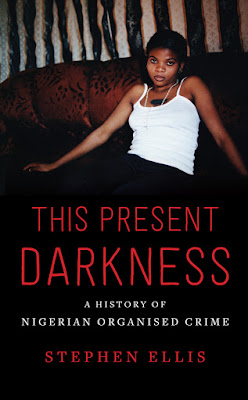Communicating development in a post-factual world: How to win against the Daily Mail

This weekend the Daily Mail/Mail on Sunday was quite chuffed: This makes conservative commentator Ian Birrell quite happy, of course, and he is quick to compliment Priti Patel, the UK ’ s Secretary of State for International Development, in the same article : She is, after all, an uncompromising Right-winger known to harbour grave doubts about the wisdom of blowing so much money on aid. Ms Patel seems determined to shake up her sanctimonious department, though her room for manoeuvre will be limited. There is no doubt it makes sense to spend less on vainglorious aid projects and more on our own defence, given Middle East instability, jihadist atrocities and Russian provocations. We must hope Ms Patel does not become seduced by flawed concepts of saving the world. If you go through some of the contributions that are featured in the article and that have been part of the targeted campaign against development spending you get a glimpse of the Daily Mail ’ s post-factual filt...

